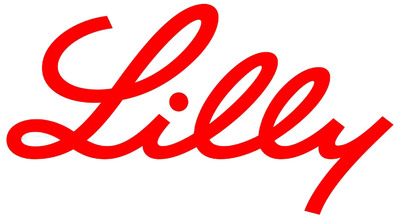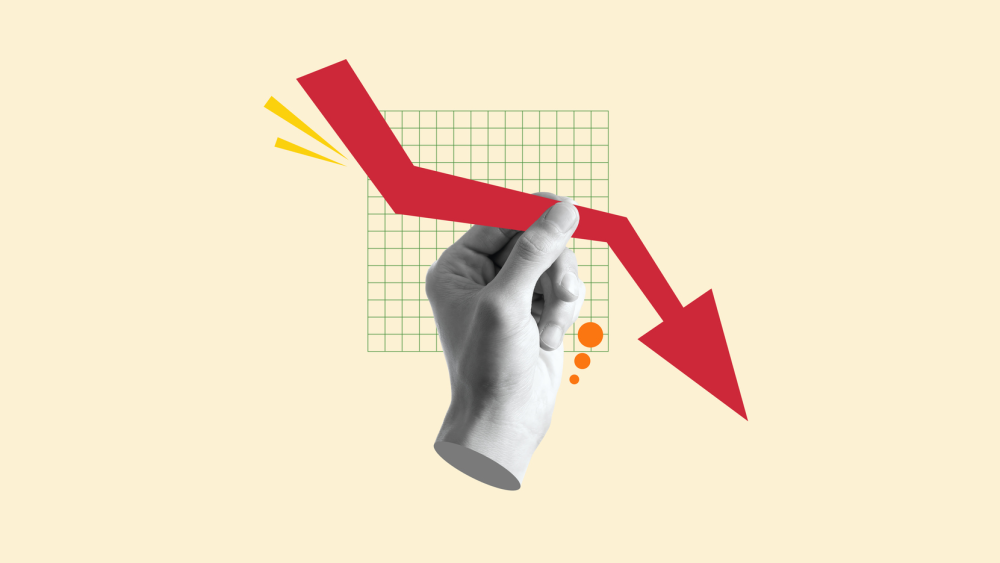SAN FRANCISCO, June 14, 2014 /PRNewswire/ -- Eli Lilly and Company (NYSE: LLY) today released detailed results from dulaglutide’s sixth AWARD trial, showing that once-weekly dulaglutide 1.5 mg was non-inferior to once-daily liraglutide 1.8 mg. The non-inferiority study demonstrated similar reductions in average blood sugar levels (HbA1c) across both arms.1 The head-to-head study compared the safety and efficacy of dulaglutide and liraglutide, two glucagon-like peptide-1 (GLP-1) receptor agonists. These results will be presented at the 74th American Diabetes Association Scientific Sessions in San Francisco.
“We’re delighted by the results of the AWARD-6 trial the first Phase III study in which a GLP-1 receptor agonist demonstrated non-inferiority to liraglutide,” said Sherry Martin, M.D., senior medical director, Lilly Diabetes. “If approved, dulaglutide would be the only GLP-1 agonist that is both once-weekly and ready-to-use. We believe it could provide patients and physicians an important new treatment option for type 2 diabetes.”
At the primary endpoint of 26 weeks, once-weekly dulaglutide 1.5 mg and once-daily liraglutide 1.8 mg significantly reduced HbA1c levels from baseline (-1.42 percent and -1.36 percent, respectively), with dulaglutide demonstrating non-inferiority compared to liraglutide. A similar majority of patients in both treatment groups (68 percent) reached the American Diabetes Association’s recommended HbA1c target of less than 7 percent.1 Patients treated with once-weekly dulaglutide and once-daily liraglutide showed significant weight reductions from baseline (-2.9 kg, -3.6 kg, respectively). This weight reduction was statistically greater in the liraglutide treatment arm.1
Average hypoglycemia rates were similar between patients treated with once-weekly dulaglutide (0.34 events/patient/year) and once-daily liraglutide (0.52 events/patient/year), with no reported severe hypoglycemia events.
Adverse events were also very similar between the two treatments, with gastrointestinal-related events, including nausea, diarrhea and vomiting, the most frequently reported. Nausea, which was mostly mild to moderate and transient, was the most commonly reported event for both once-weekly dulaglutide and once-daily liraglutide. These findings are consistent with prior studies of once-weekly dulaglutide.1
“Diabetes is a progressive disease that affects every patient differently,” said Kathleen Dungan, MD, endocrinologist, associate professor, The Ohio State University Wexner Medical Center. “It’s important for physicians to have choices that can help their patients find a better way to manage their diabetes. These results are encouraging, as they show that dulaglutide could be a promising new treatment option for patients with type 2 diabetes.”
Once-weekly dulaglutide, an investigational, long-acting GLP-1 receptor agonist being studied as a treatment for type 2 diabetes, has been submitted to the U.S. Food and Drug Administration (FDA), the European Medicines Agency (EMA) and other regulatory bodies. Five AWARD registration trials (1-5) were submitted as part of the regulatory package. If approved, dulaglutide will be marketed under the brand name Trulicity.
About the AWARD-6 Study
AWARD (Assessment of Weekly AdministRation of LY2189265 in Diabetes)-6 trial was a randomized, open-label, parallel-arm study comparing the effects of once-weekly dulaglutide and once-daily liraglutide on glycemic control in patients with type 2 diabetes on concomitant metformin. The primary objective of the study, conducted in 599 patients, was to evaluate whether dulaglutide 1.5 mg, dosed once-weekly, was non-inferior to liraglutide 1.8 mg, dosed once-daily, in reducing HbA1c from baseline at 26 weeks.
About Diabetes
Approximately 24.4 million Americans and an estimated 382 million people worldwide have type 1 and type 2 diabetes. Type 2 diabetes is the most common type, accounting for an estimated 90 to 95 percent of all diabetes cases. Diabetes is a chronic disease that occurs when the body either does not properly produce, or use, the hormone insulin.2
About Lilly Diabetes
Lilly has been a global leader in diabetes care since 1923, when we introduced the world’s first commercial insulin. Today we are building upon this heritage by working to meet the diverse needs of people with diabetes and those who care for them. Through research and collaboration, a broad and growing product portfolio and a continued determination to provide real solutionsfrom medicines to support programs and morewe strive to make life better for all those affected by diabetes around the world. For more information, visit www.lillydiabetes.com.
About Eli Lilly and Company
Lilly is a global healthcare leader that unites caring with discovery to make life better for people around the world. We were founded more than a century ago by a man committed to creating high-quality medicines that meet real needs, and today we remain true to that mission in all our work. Across the globe, Lilly employees work to discover and bring life-changing medicines to those who need them, improve the understanding and management of disease, and give back to communities through philanthropy and volunteerism. To learn more about Lilly, please visit us at www.lilly.com and http://newsroom.lilly.com/social-channels.
P-LLY
This press release contains forward-looking statements about dulaglutide that are based on Lilly’s current expectations. Actual results could differ materially from these expectations. There are significant risks and uncertainties in the process of drug development and commercialization. There can be no guarantee that future study results and patient experience will be consistent with the study findings to date. There can also be no guarantee that dulaglutide will be approved by regulatory authorities or that it will prove to be commercially successful. For further discussion of these and other risks and uncertainties that could cause actual results to differ from Lilly’s expectations, please see the company’s latest Forms 10-K and 10-Q filed with the U.S. Securities and Exchange Commission. Except as required by law, the company undertakes no duty to update forward-looking statements.
-----------------------
REFERENCES
- Dungan, K, Povedano, S, et al. Efficacy and Safety of Once Weekly Dulaglutide versus Once Daily Liraglutide in Type 2 Diabetes (AWARD-6). Abstract 110-LB. Presented at 74th American Diabetes Association (ADA) Scientific Sessions; June 13-17, 2014; San Francisco, CA.
- International Diabetes Federation. IDF Diabetes Atlas, 6th edn.Brussels, Belgium: International Diabetes Federation, 2013. http://www.idf.org/diabetesatlas.
Refer to:Candace Johnson, +1-317-755-9143, johnson_candace_a@lilly.com

Logo - http://photos.prnewswire.com/prnh/20031219/LLYLOGO
SOURCE Eli Lilly and Company
Help employers find you! Check out all the jobs and post your resume.




